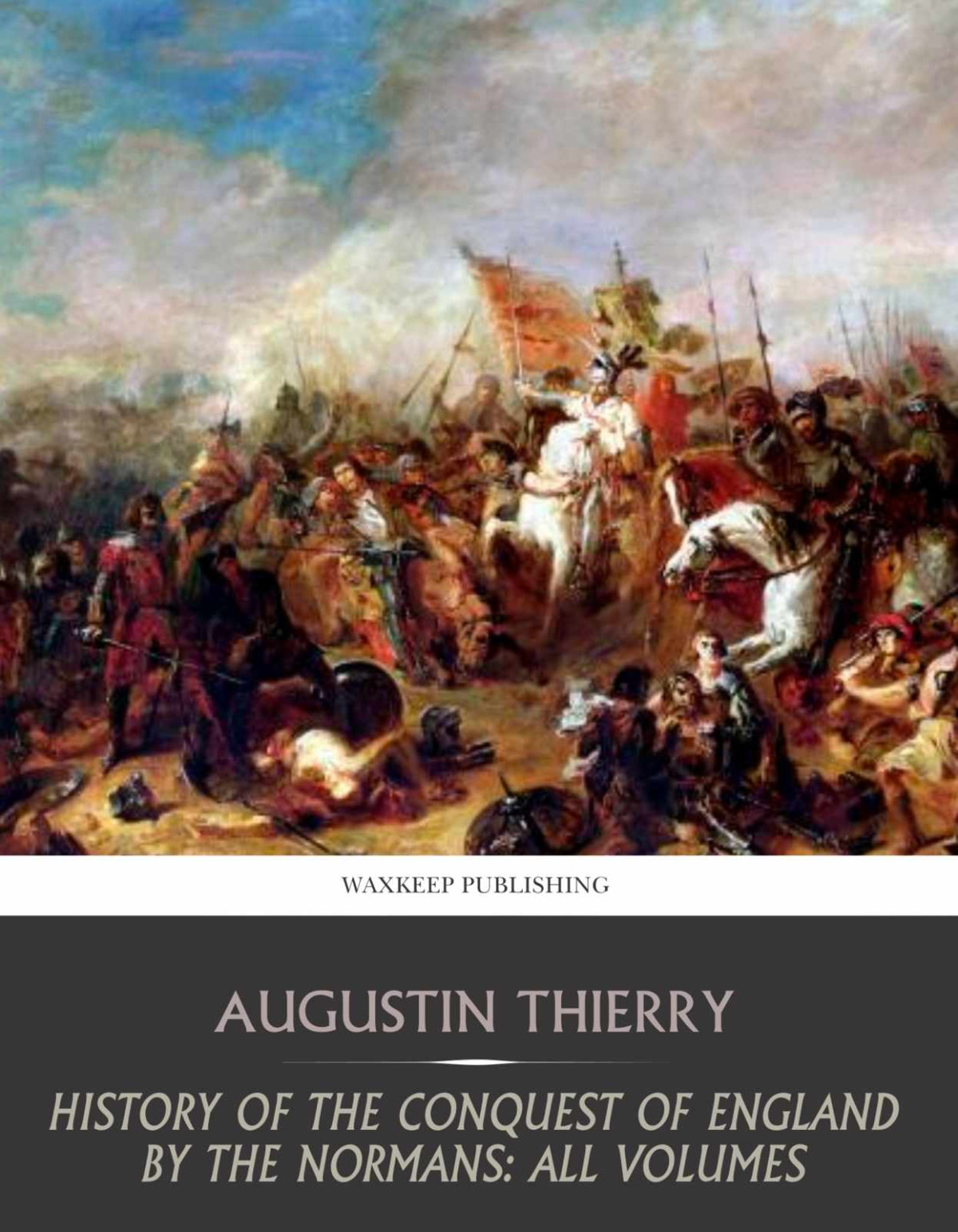Product desciption
History Of The Conquest Of England By The Normans All Volumes I To Xi Augustin Thierry by Augustin Thierry instant download after payment.
This is a comprehensive history of William the Conqueror’s conquest of
England and the Norman takeover, the last time a foreign invader
successfully subdued England. From the intro: “The principal states of
modern Europe have at present attained a high degree of territorial
unity, and the habit of living under one same government and in the
bosom of one same civilization, seems to have introduced among the
population of each state an entire community of manners, language, and
patriotism. Yet there is perhaps not one of them which does not still
present to the inquirer living traces of the diversity of the races of
men which, in the progress of time, have combined to form that
population. This variety of races is displayed under different aspects.
Here a complete separation of idioms, local traditions, political
sentiments, and a sort of instinctive hostility, distinguish from the
great national mass the population of particular districts, of limited
extent; there a simple difference of idiom, or even of accent, marks,
though more faintly, the limit of the settlements formed by peoples of
diverse origin, and long separated by deep-seated animosities. The
further we go back from the time in which we live, the more distinct do
these varieties become; we clearly perceive the existence of several
peoples in the geographical circumscription which bears the name of one
alone: instead of varying provincial dialects, we find complete and
regular languages; and that which in the light of the present seems
merely defective civilization and protracted resistance to progress,
assumes, in the past, the aspect of original manners and patriotic
adherence to ancient institutions. In this way, facts themselves of no
social importance, retain great historical value. It is a falsification
of history to introduce into it a philosophical contempt for all that
does not enter into the uniformity of existing civilization, or to
regard as alone worthy of honourable mention the peoples with whose name
the chances of events have connected the idea and the destiny of that
civilization. The populations of the European continent and its islands
have come at various periods into juxtaposition, usurping the one from
the other, territories already occupied, and arrested only in their
progress, at the point where natural obstacles, or resistance more
powerful than their attack, the result of some extraordinary combination
of the conquered, absolutely compelled them to stop. Thus the conquered
of various epochs have become, so to speak, ranged in layers of
populations, in the different directions taken by the great migration of
peoples. In this movement of successive invasions, the most ancient
races, reduced to a few families, have deserted the plains and flown to
the mountains, where they have maintained a poor but independent
existence; while the invaders, invaded in their turn, have become serfs
of the soil in the plains they occupied, from want of a vacant asylum in
the impregnable recesses already possessed by those whom themselves had
driven there.”


